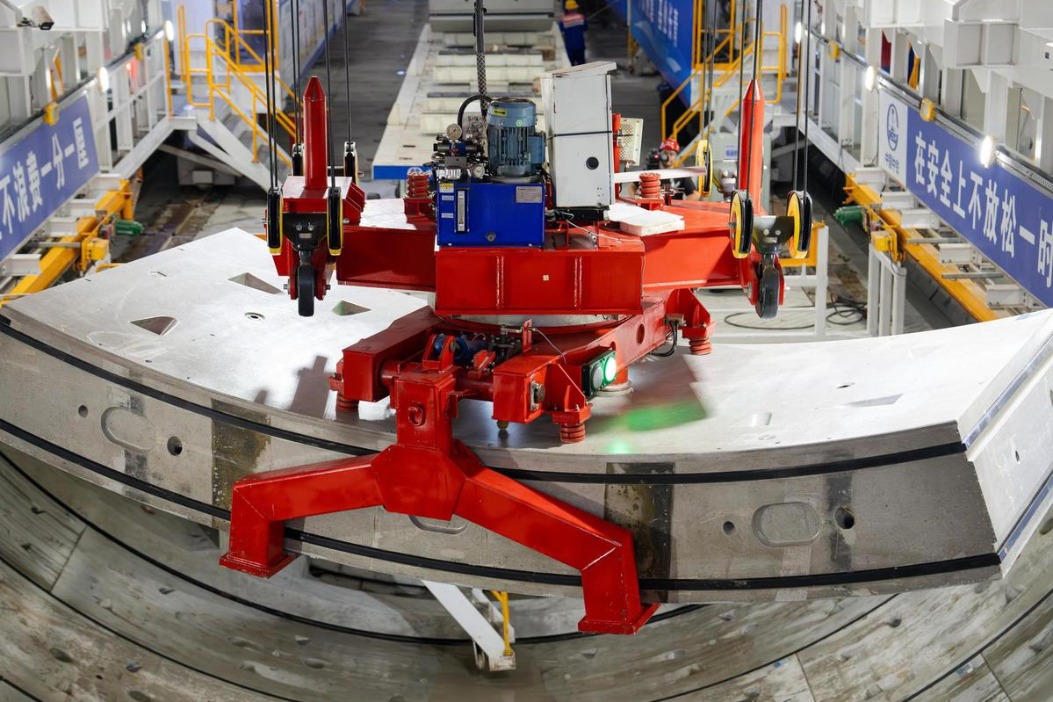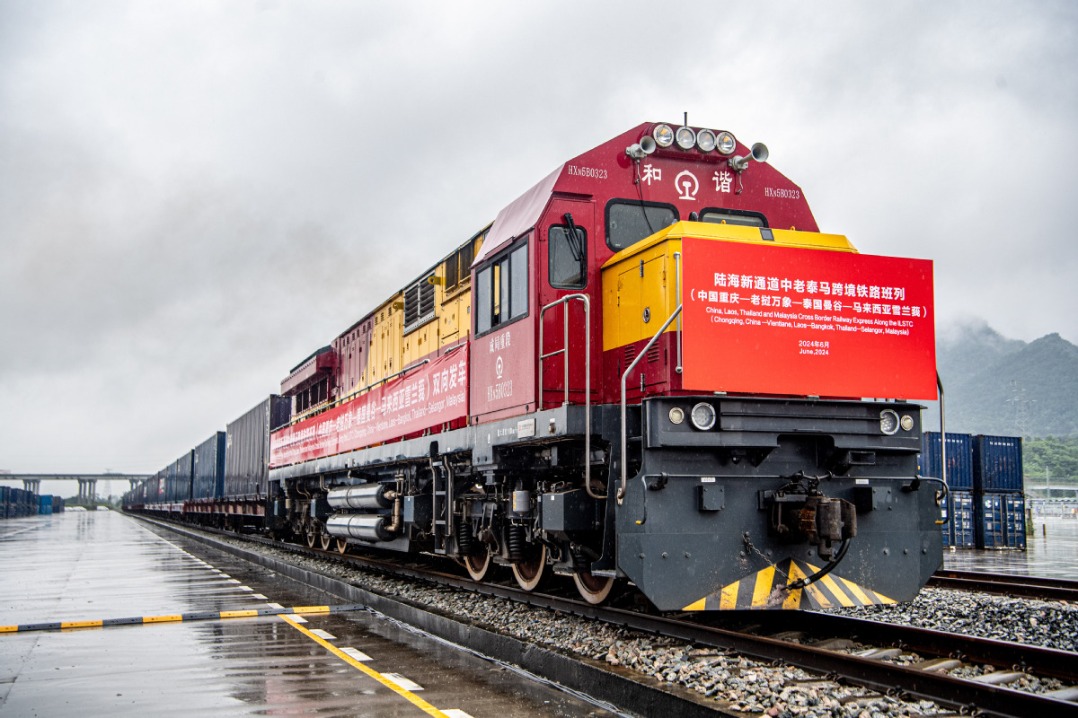Measures to ensure commodity prices stable


China will take more steps to curb rising commodity prices and crack down on the hoarding and speculation of commodities, marking a key step to ensure stable prices and supplies of commodities in the market, officials and experts said on Monday.
Wan Jinsong, director of the National Development and Reform Commission's Department of Price, said the commission will work with departments to release more copper, aluminum and zinc from the national reserves to boost market supply and ease the pressure on enterprises' production and operations.
In the next step, regulators will closely monitor commodity price changes, strengthen regulation of the futures and spot markets and crack down on market violations such as hoarding to maintain normal market order, according to Wan.
On July 5, the NDRC and the National Food and Strategic Reserves Administration completed the first release from the national reserves, publicly auctioning 100,000 metric tons of copper, aluminum and zinc. More than 200 nonferrous metal processing and manufacturing companies participated in the auction, and transaction prices were about 3 percent to 9 percent lower than the market prices on that day, Wan said.
"It is believed that the release (of national reserves) has sent a positive signal that the government will ensure stable supplies and prices of commodities, which helps stabilize market expectations," she said. "The release provides a window of opportunity for midstream and downstream processing and manufacturing companies to replenish inventory, and it also helps some enterprises to reduce the cost of raw materials."
Experts said they believe that with the help of effective government measures to ensure stable prices and supplies of commodities, prices will gradually return to a reasonable range.
Zhou Maohua, an analyst at China Everbright Bank, spoke highly of the government's moves to curb the commodity price rally and crack down on illegal activities such as hoarding, saying the factors supporting this round of commodity speculation are weakening.
"Commodity prices will stabilize with the steady recovery of the global economy, the tightened monetary and financial environment and the recovery of commodity supplies," Zhou said.
Tao Jin, deputy director of the macroeconomic research center of the Suning Institute of Finance, said that while the commodity price gains did bring about profit growth for China's industrial sector in the early stage, the price rally will now lead to an increase in production costs for enterprises in midstream and downstream manufacturing industries and will increase risks in the country's industrial chain.
He said more efforts should be made to boost domestic supplies, crack down on irregularities on market violations, strengthen cooperative development of foreign mineral resources and encourage domestic manufacturing and extractive companies to invest overseas.
During a news conference on Monday in Beijing, Yuan Da, spokesman for the NDRC, said China's economy has enjoyed a steady growth in the first half of 2021, and the country has the confidence to achieve the projected annual growth goal for this year.
Yuan said the NDRC will make a big push to continue to deepen supply-side structural reforms, focus on expanding effective domestic demand, further support the development of the real economy, advance reform and opening-up, and strive to keep the economy running smoothly within a reasonable range.





































